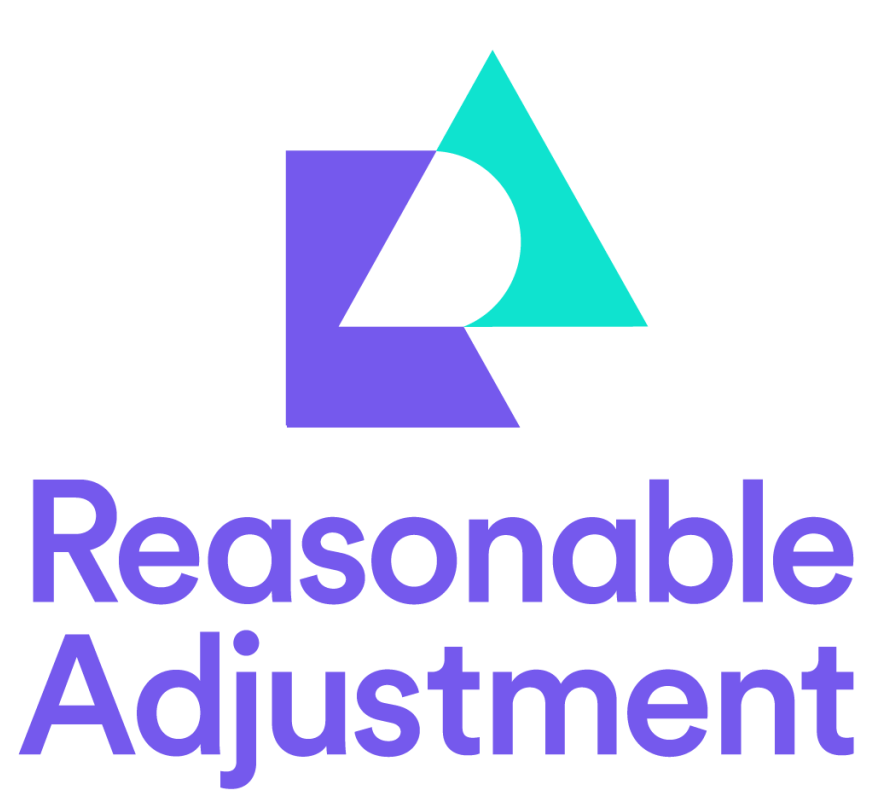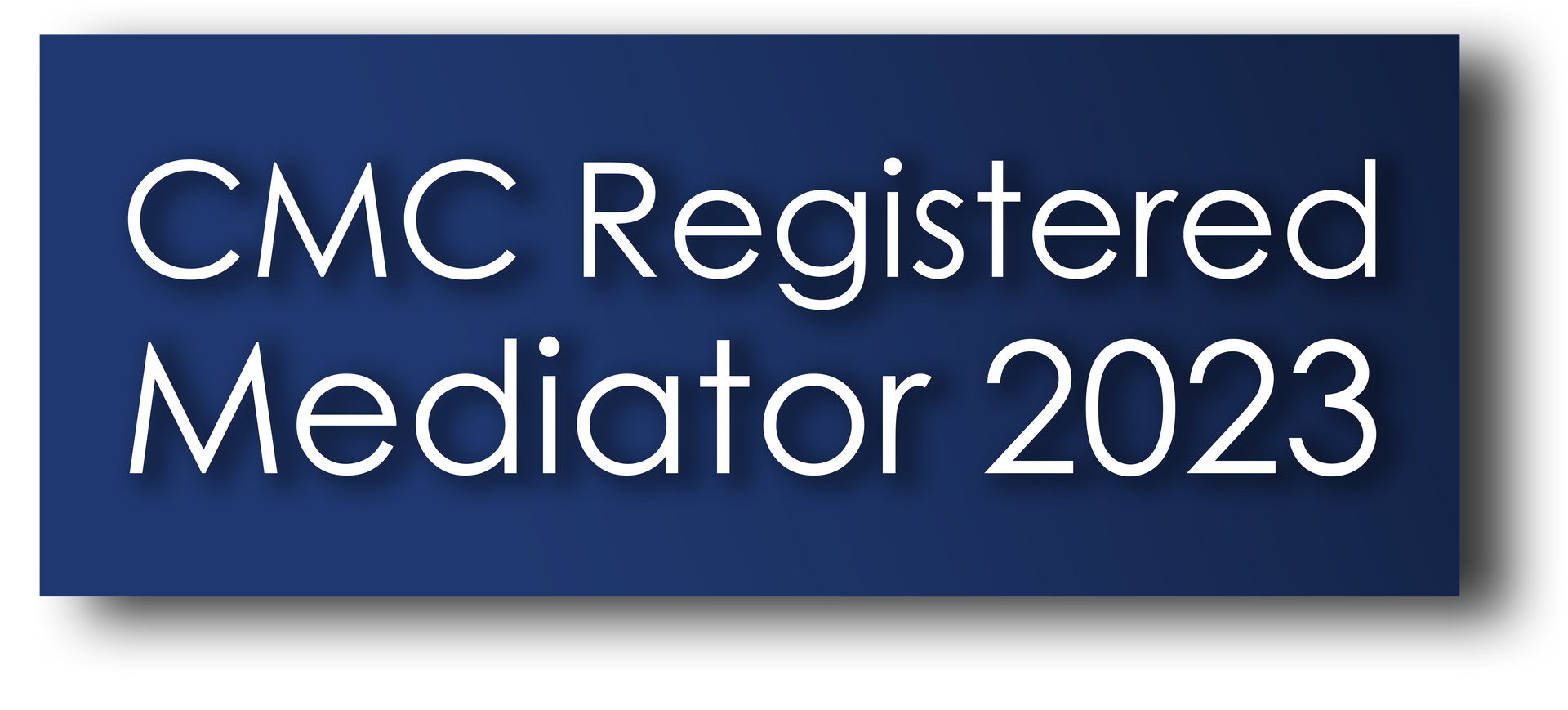Ban on Legal Representation at Student Disciplinary and Misconduct Hearings... Not so!
Always have represenation or a support person
Often disabled individuals will find themselves subject to misconduct and disciplinary proceedings, whether this be at work on in educational settings. This can stem from issues with communication, prejudice, and a lack of existing reasonable adjustments. A further problem emerges, this is taken from Durham’s academic handbook: “The University does not permit legal representation at any academic misconduct meetings.” But this isn’t the final word on the matter. The Equality Act permits a clear exemption, disabled individuals are allowed both support people of their choice and lawyers to attend misconduct meetings regardless of internal rules. This issue came before the High Court, and in 2020 it declared the ban on legal representation for disabled students illegal in AB v The University of XYZ (Rev 1) [2020] EWHC 2978 (QB). Yet still these broad statements persist. Legal representation at disciplinary meetings is not intended to be routine, they are not meant to be lengthy or legalistic, but disabled individuals are often not able to advocate for themselves and are able to rely counsel to speak for them and advocate on their behalf.



